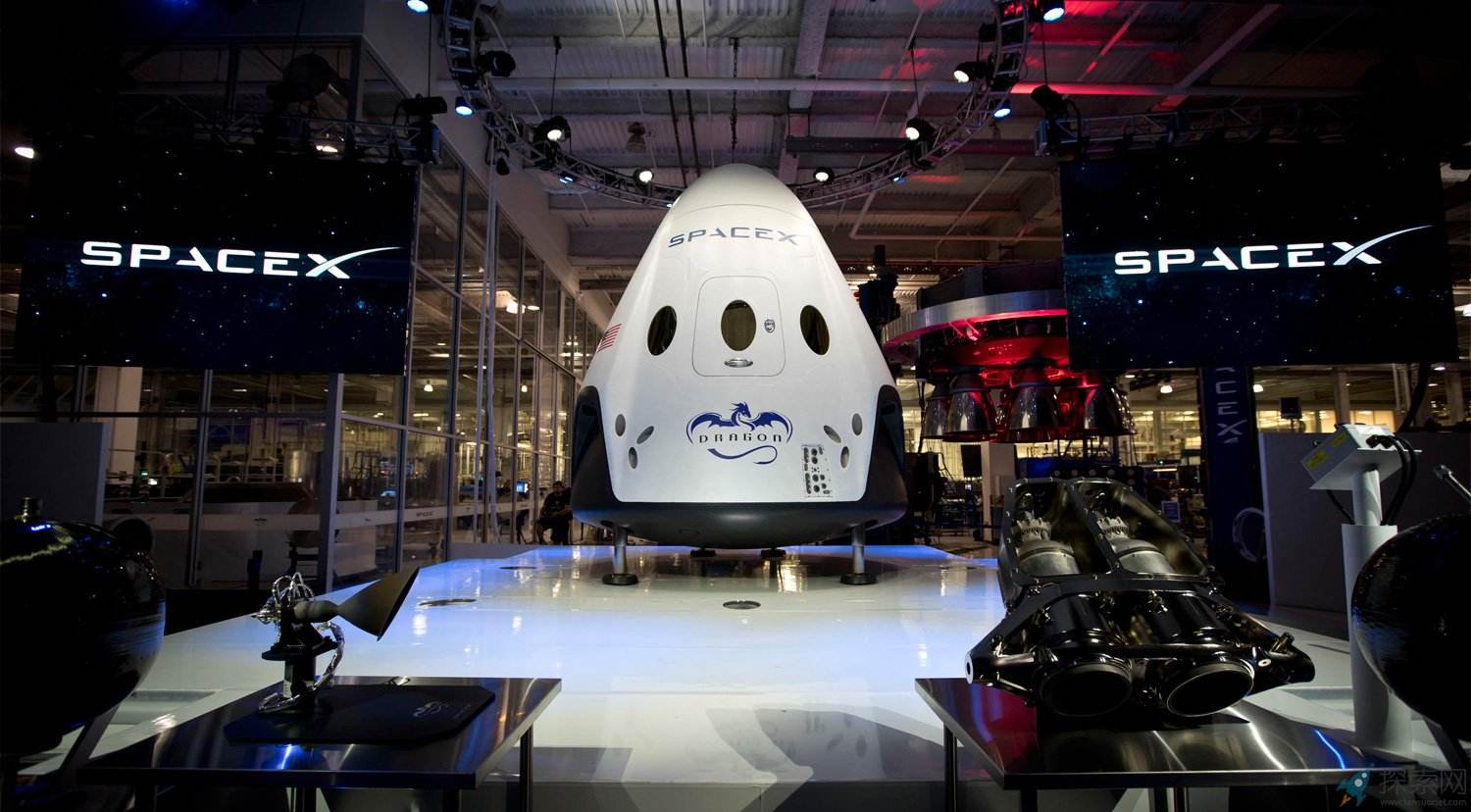2017’s Top 10 Unicorn Round-up: 5 from China, 5 from US
2017 has seen the rise and fall of numerous new technologies and business models, stunning and mediocre products, and the rise and collapse of tech giants. At the end of the year, Tencent launched into the Top 10 companies in technology industry.
“Unicorns,” in the tech slang, refer to startups valued at more than US $1 billion in private and public markets, which are as rare as the mythical beasts. Here’s a look at the Top 10 unicorns at the end of 2017.

Uber (USA) was founded in 2009 by UCLA dropout Kalanick and friend Garrett Camp. It is the world’s most famous car sharing app. At the end of 2017, it was valued at $67 billion.
For Uber, the year of 2017 brought suffering from “internal and external troubles.” Co-founder and CEO Kalanick was kicked out of the company, and new CEO Dara Colossi came to power. The company was in disarray. The good news is that Softbank reached a formal agreement with Uber to invest $10 billion.

Didi (China) was founded in 2012 and formerly known as Didi Dache. Its founder Cheng Wei is the current CEO. Like Uber, Didi is a car-sharing app, but its main business is in the Chinese market.
In 2015, Didi announced a merger with its then-biggest competitor. Now, Didi was valued at $50 billion. In addition to consolidating its domestic market advantages, Didi has begun to invest globally and accelerate its overseas distribution.
SEE ALSO: Didi Refinances for Another $4B, Valuation Exceeds Uber

Xiaomi (China) was founded in 2010. Lei Jun, the founder of Xiaomi, is now the chairman and CEO. Xiaomi‘s main business are hardware such as smart phones, smart home appliances and TVs. Its latest valuation was $46 billion.
Xiaomi has an important position in China’s smartphone market and is developing very well in India. According to the latest news, Xiaomi plans to enter the US with an IPO in 2018, raising about $300 million in financing.
SEE ALSO: Can Xiaomi Support its US $100B Valuation?

Meituan Dianping (China): Meituan was founded in 2010 and its founder and CEO is Wang Xing. Dianping was founded in 2003: its founder Zhang Tao is the CEO.
The two companies announced a merger in 2015, with the latest valuation of $30 billion. After the merger, the group purchase and review businesses became integrated. Meituan Dianping has become the largest group purchase and consumer review website in China.

Toutiao (China) was founded in 2012 by Zhang Yiming. Toutiao is China’s best-known platform for aggregating recommended content. Toutiao is seeking a new round of financing at a valuation of $30 billion.
In addition to the short video platform named “volcano video,” Toutiao made a full acquisition of the American short video app Flipagram in February 2017.
SEE ALSO: Zhang Yiming: AI is at the Early Stages from Laboratory to Large-Scale Commercialization

Airbnb (USA) was founded in 2008. Its founder and CEO is Brian Chesky. Its main business is leasing homes for trips. It is a platform providing rent exchange trading for travelers and homeowners who have available rooms. Airbnb’s latest valuation was $29.3 billion.

SpaceX (USA) was founded in 2002. The founder and CEO is Elon Musk. Elon Musk is also the founder of Tesla, a famous electric car manufacturer. SpaceX is developing a carrier rocket to launch spacecrafts. It latest valuation is $21.5 billion. In October, the SpaceX launched its Falcon 9 rocket and recovered its first stage rocket, creating a first in space exploration history.

Palantir (USA) was founded in 2003 by Peter Teal, Alex Karp, Joe Lonsdale, Stephen Cohen and Nathan o Gettins. It is a data company based in Silicon Valley. Its latest valuation is $20 billion.

WeWork (USA) was founded in 2011 by Miguel McKelvey. WeWork, which provides shared office space for entrepreneurs, is valued at $20 billion and has received $430 million in investment from Lenovo and Hony Capital.

Lufax (China) was founded in 2011 by Ji Kuisheng. It is owned by Ping’an Group. It is an Internet investment and financing platform, and its latest valuation was $18.5 billion. According to recent news from Hong Kong media, Lufax plans to make an IPO in Hong Kong in the first half of next year, financing about $5 billion to $30 billion.



